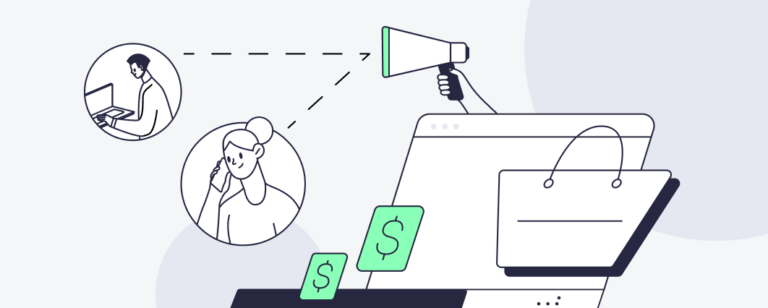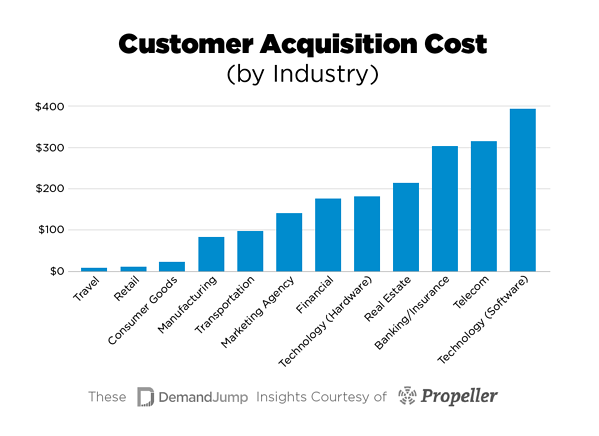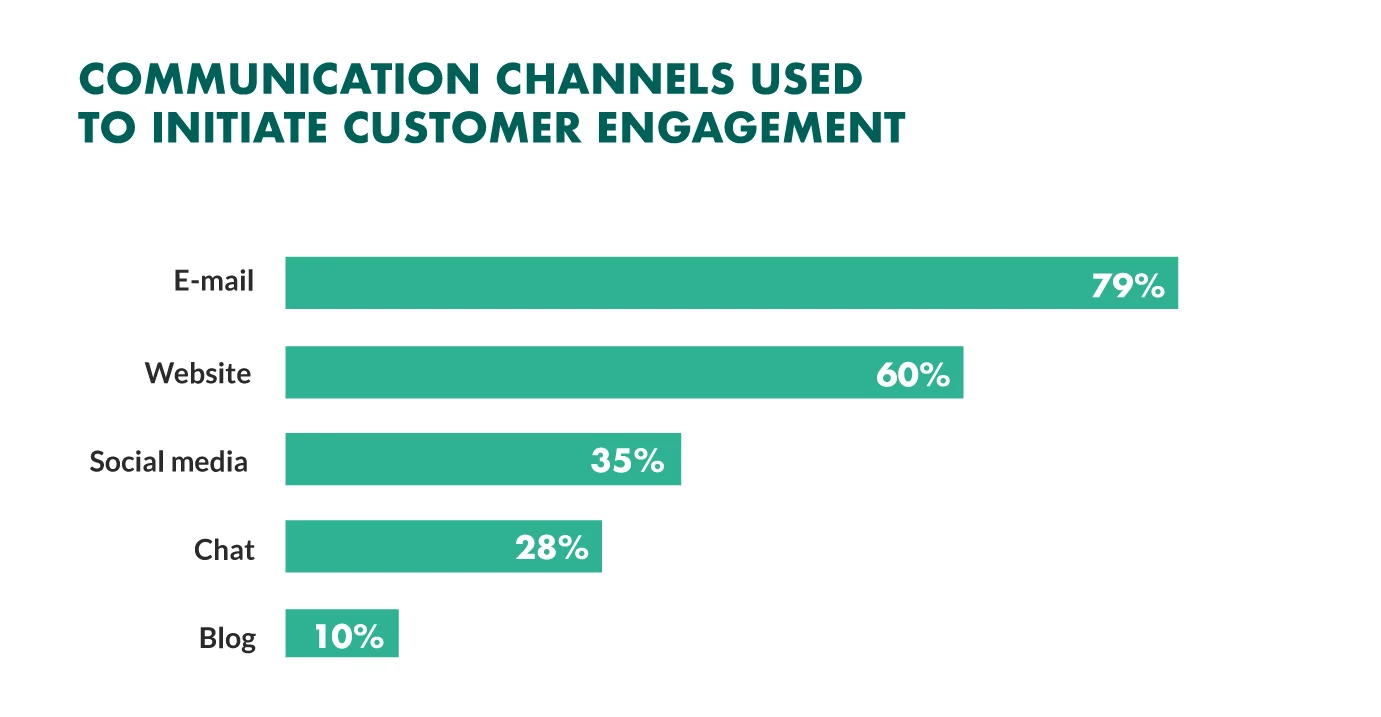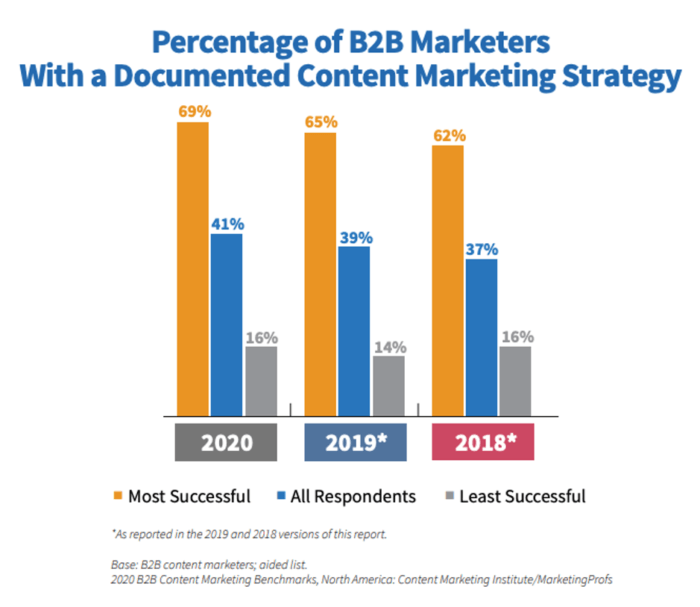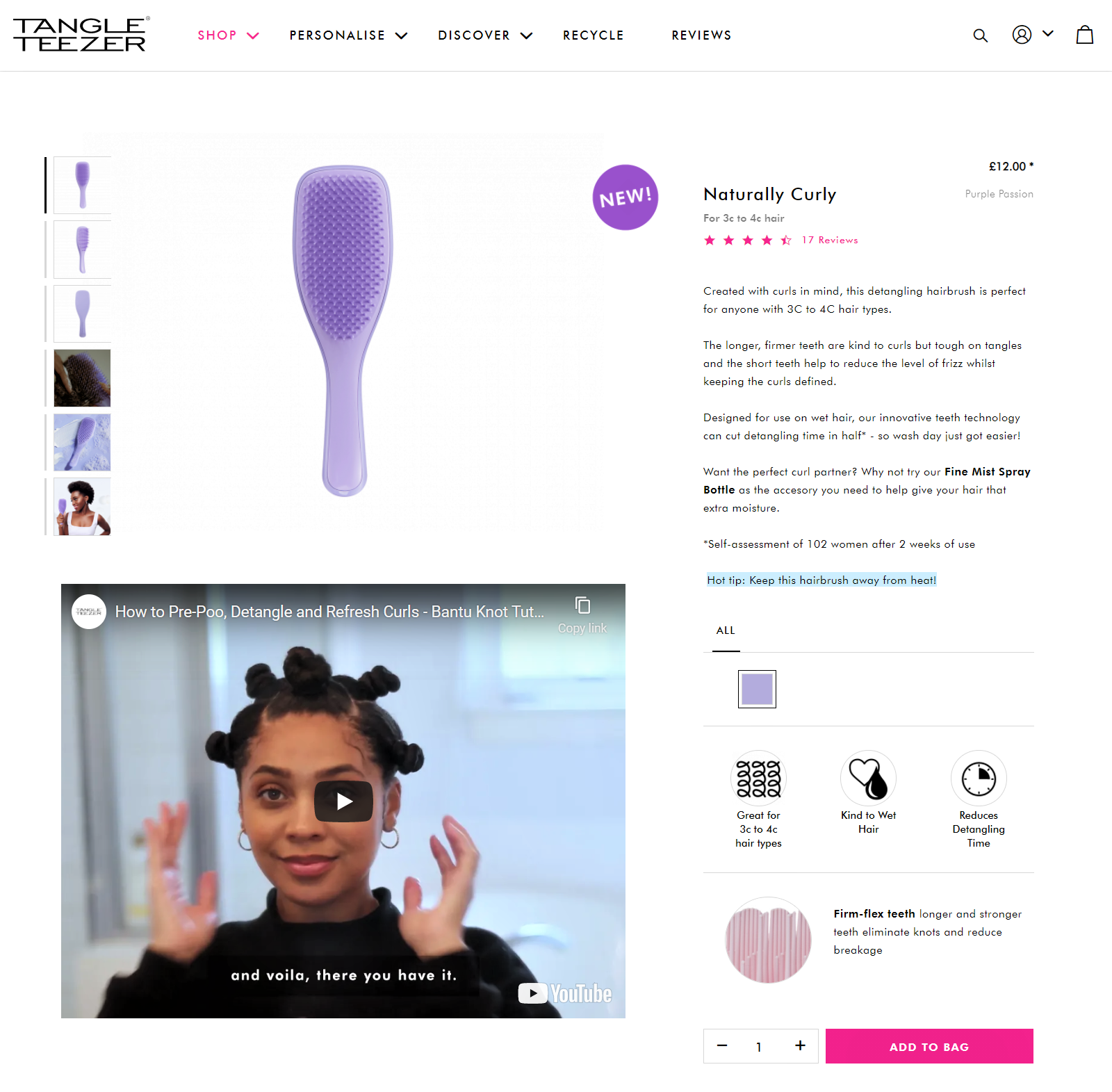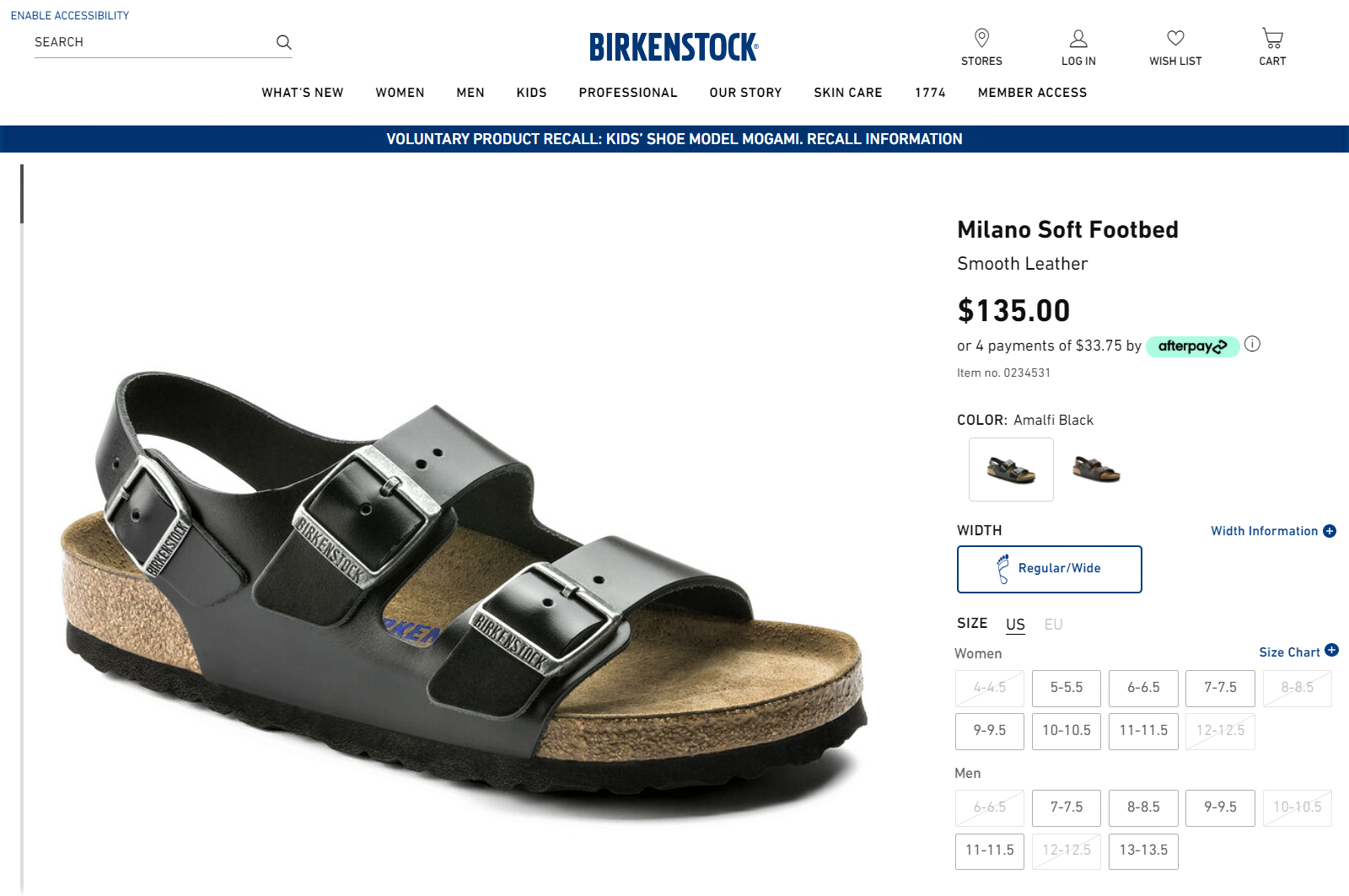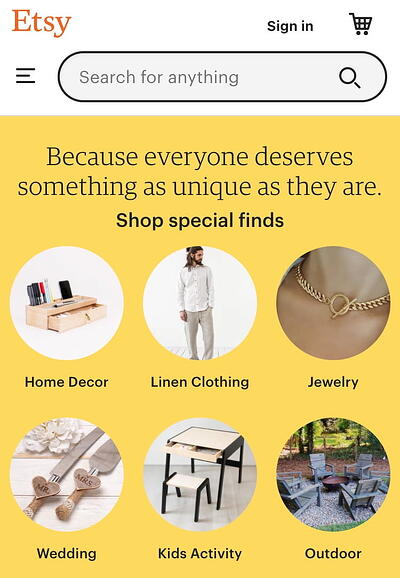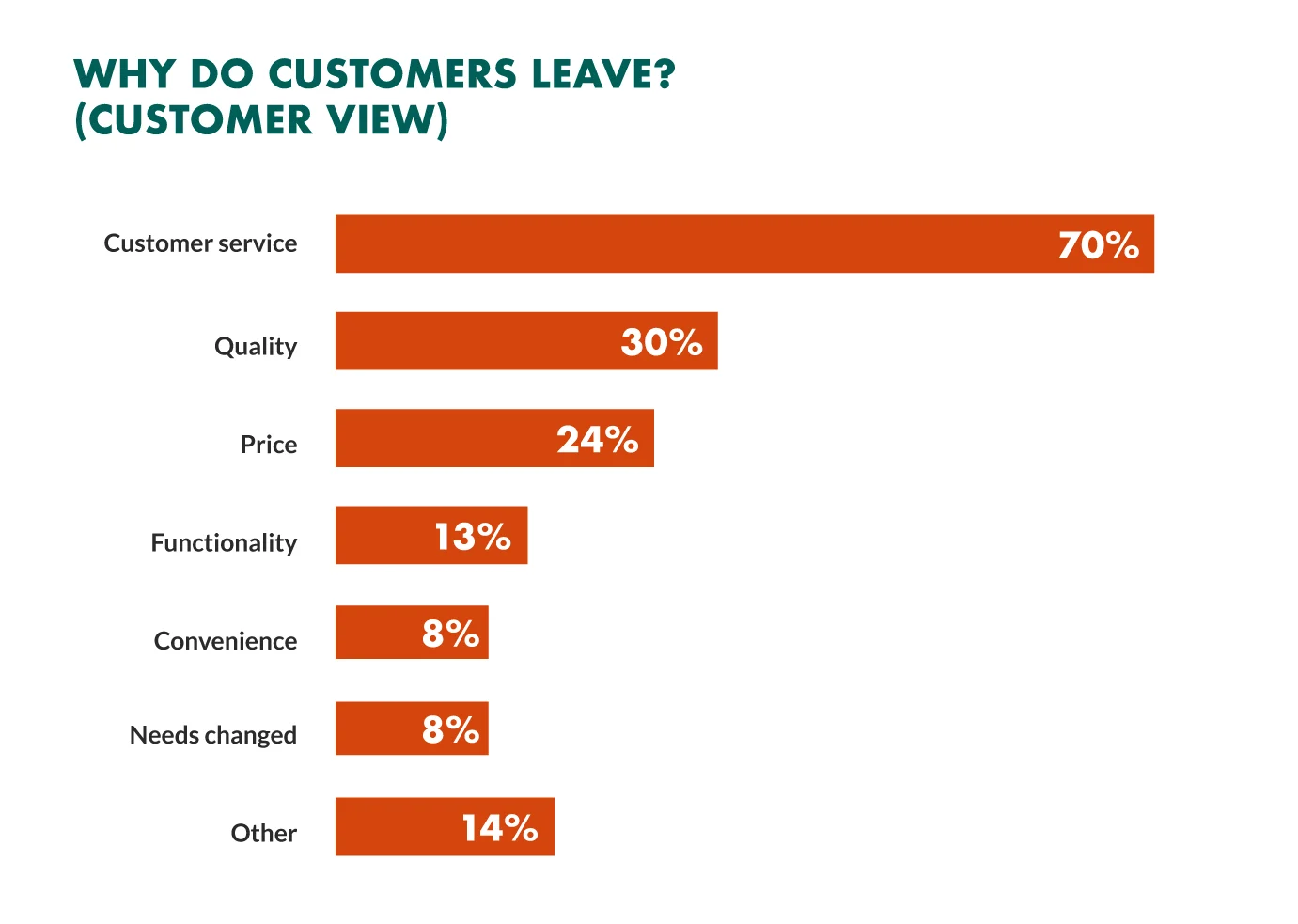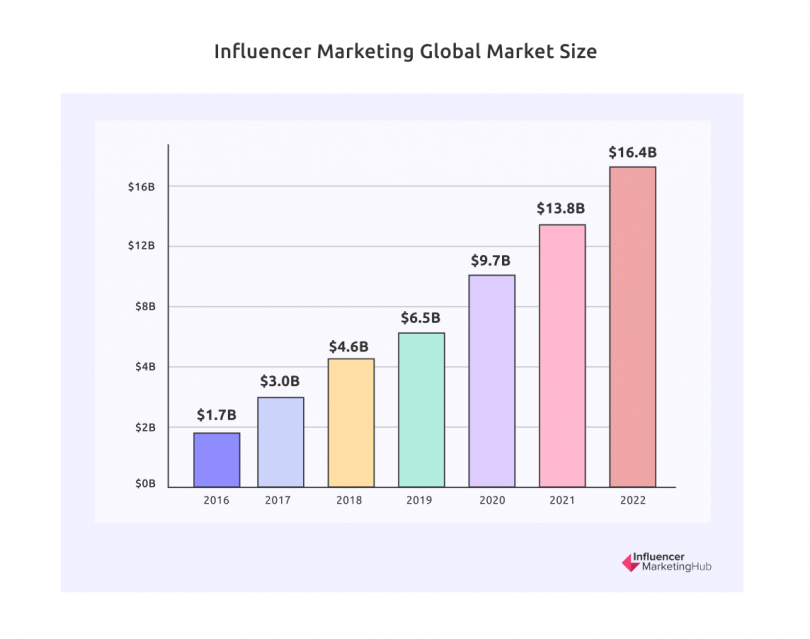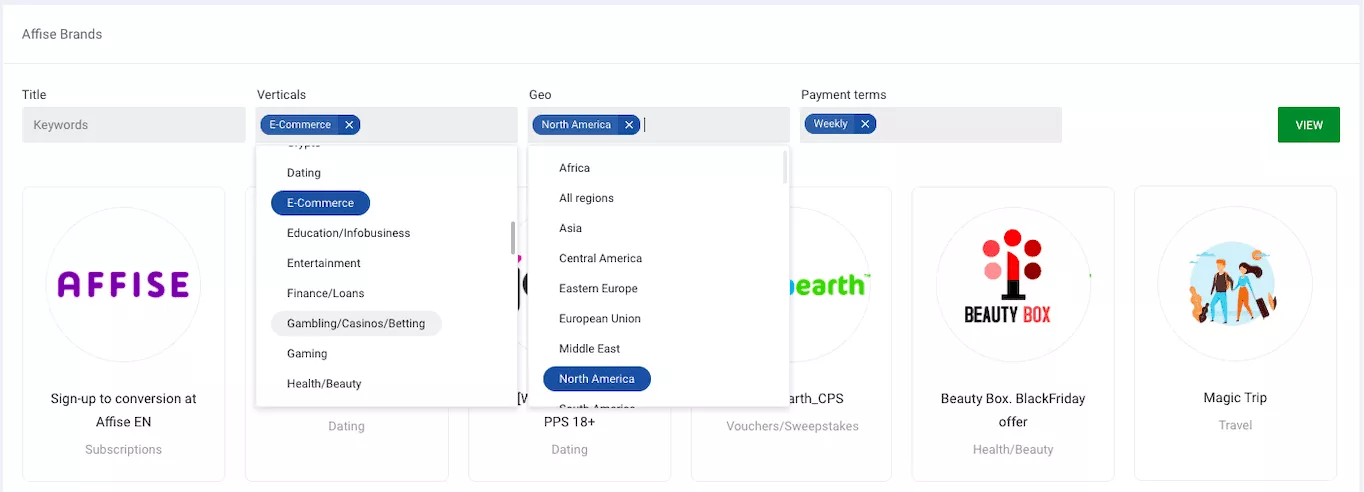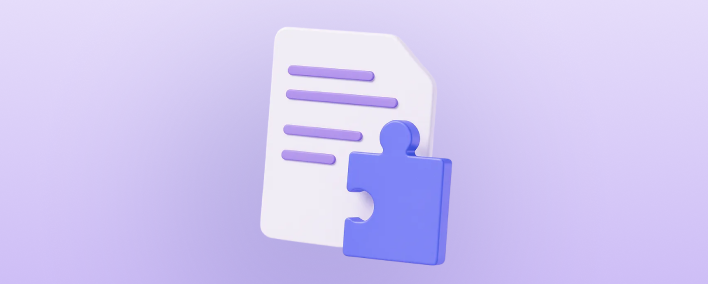It’s news to nobody that a commercial organization needs new customers in order to survive. Whether your business is a startup or is as established as commerce itself, you need to think about getting more paying customers. This means, in short, lead generation.
Sure, customer loyalty is a welcome feature, but there’s simply no denying that an element of churn has to be built into your business model. This way, not only do you have growth, but you’re protected from customer base shrinkage when individuals move on, for whatever reason.
One of the most important ways to go about customer acquisition is the marketing partnership approach. There are numerous case studies that show how effective this can be. For example, online gaming developers Wargaming saw an increase in revenue of 250% by using the services of affise.com.
However, there’s a heap of customer acquisition tactics you can use in the modern marketplace, including email marketing, SEO factors, etc which an ecommerce body can use its marketing spend on, which we shall go through. Before we do this, though, let’s look at one of the main factors for a marketing team to consider in all this, which is customer acquisition cost.
What do we mean by customer acquisition cost?
It’s a commonly known statistic that it costs more to attract a new customer than it does to retain an existing one. You might be surprised to learn how much more. Anywhere between 5 and 25 times more is the current reckoning. However, you can’t avoid the need to get yourself new customers. It’s simply not sustainable.
So, you have to think carefully about how much it sets your company back to acquire a customer. In other words, you need to consider the customer acquisition cost (CAC).
A CAC figure is reached by adding together all the outlay in terms of advertising expenditure, content marketing, marketing campaigns, inventory maintenance, and marketing budgets then dividing that total by the total number of new customers that this advertising effort has brought in.
This figure will vary, a lot, depending on the nature of the industry, in much the same manner as other metrics show variance such as conversion rate by industry.










